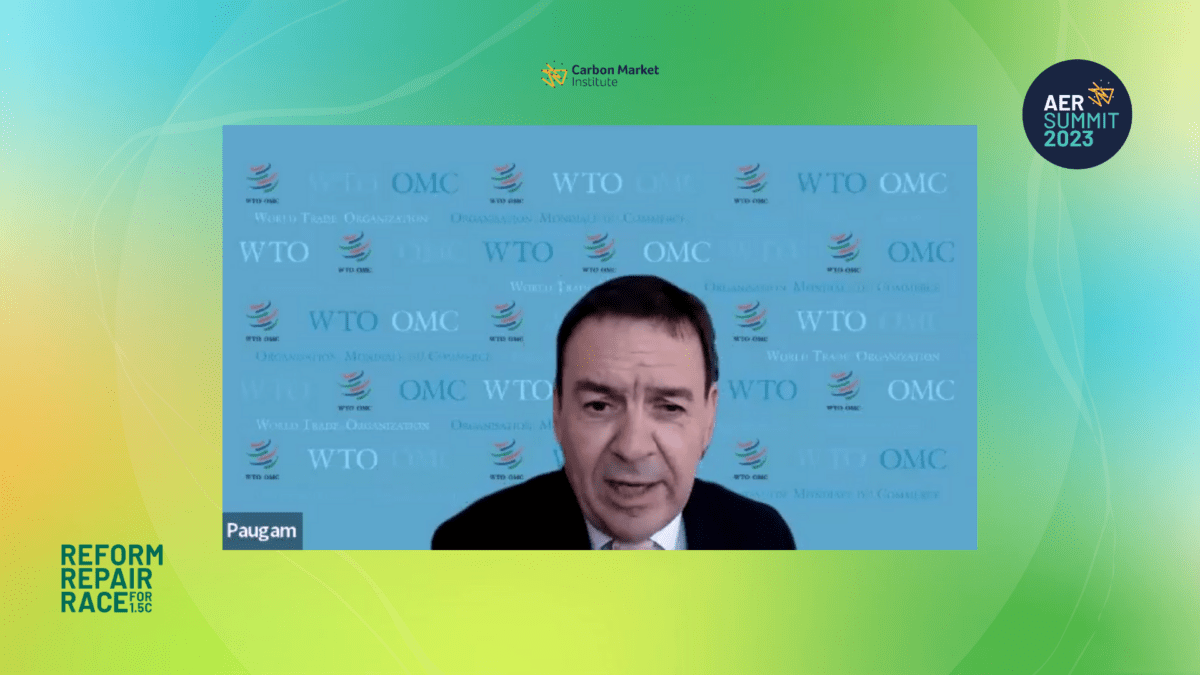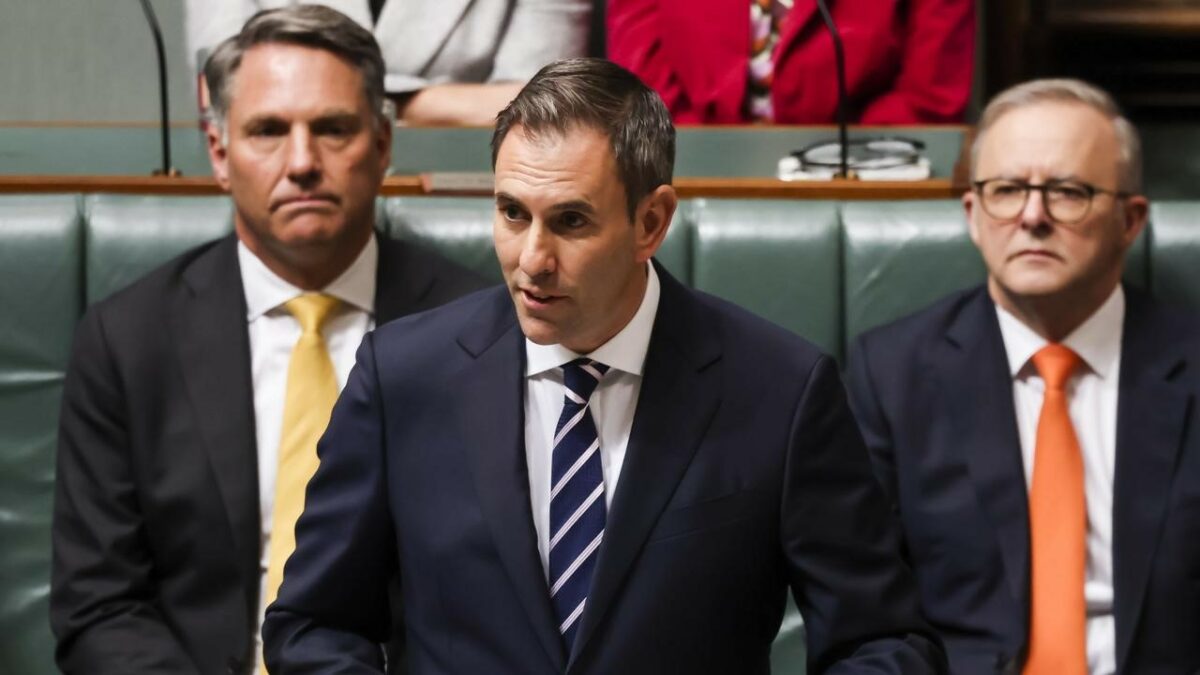Safeguard reform a significant step but must be geared for timely review and scaling investment
The Carbon Market Institute (CMI) has made its submission on the proposed Safeguard Mechanism design, labelling the reform a significant step towards establishing an effective climate change policy framework, however called for a more timely review of progress, as well as key amendments to drive at-point decarbonisation, and scaling of ambition.
CMI highlighted that driving industrial decarbonisation should be the scheme’s primary purpose, with all design elements calibrated to send a strong investment signal towards prioritising at-site decarbonisation at covered facilities.
Importantly, it also noted that there is still a material lead time for at-point decarbonisation solutions, in part as a consequence of more than 10 years of investment uncertainty, as well as the absence of abatement technologies for hard-to-abate industrial activities.
As such, it doesn’t recommend limiting the use of Australian Carbon Credit Units (ACCUs) at this stage. Instead CMI calls for the proposed 2026/27 review of the reform to be brought forward by a year, in order to assess real world decarbonisation investment trends and align with the needs of the 2030 and proposed 2035 emission reduction targets.
CMI also highlighted that the Safeguard Mechanism will operate within an ecosystem of broader investment drivers, including regional, national and international, as well as private and public policies, all of which are important and need to be enhanced.
Commenting on the proposed reform and CMI’s recommendations, CMI CEO John Connor said:
“While it may not perfect, this policy framework is an important step forward following a decade of climate change policy uncertainty and, with some amendments, will accelerate investments in climate solutions instead of allowing direct industrial emissions to continue to grow.”
“To realise Australia’s legislated climate target and longer-term commitments under the Paris Agreement, it must first send a strong investment signal to our heaviest emitters and be scalable over time to drive down emissions in other parts of the economy.”
“Although we have called for a stronger annual decline rate, the near-5% proposed by the government is still significant and will become increasingly material, representing a multibillion dollar and growing signal to liable businesses to invest in decarbonisation at their facilities.”
“Making those investment decisions will take time and it is right that companies should take interim responsibility for these emissions by investing in carbon credits that drive emission reductions elsewhere in the economy.”
“To closely monitor the policy’s progress, we recommend bringing forward the proposed 2026/27 review, which would allow for adjustments to be made based on observations of real-world performance, as well as provide a more accurate view of the supply and usage of Safeguard Mechanism Credits (SMCs), ACCUs and other flexibility measures.”
“Additional checks and balances can also be built into the scheme, for example by regulating the industrial sector carbon budget to guide consideration of flexibility measures and new facility entrants – ensuring the scheme achieves its abatement task.”
CMI’s list of recommendations are below, and full submission here:
- Regulate the carbon budget proposed for covered facilities through the Safeguard Rules, in order to guide the application of flexibility measures and assessment of new entrants.
- Scale up the covered facility baseline decline rate after 2030 to support ratcheting climate ambition.
- Progressively lower the coverage threshold for the enhanced Safeguard Mechanism to 25,000 tCO2-e scope 1 emissions.
- Develop a National Carbon Market Strategy to guide the expansion of the scheme over time, ideally towards an economy-wide carbon limit and price.
- Maintain facilities’ ability to offset to meet baselines using ACCU offsets in the initial design but bring forward to 2026-27 review by a year to assess real world at-point decarbonisation investments, as well as use of ACCUs, SMCs and other flexibility measures.
- Monitor the proposed cost containment reserve and government ACCU purchasing to avoid unintended outcomes, such as unduly inhibiting at source decarbonisation investments, creating unnecessary costs for taxpayers or other disincentives.
- Prioritise the development of a carbon border adjustment mechanism (CBAM) as a durable solution to prevent carbon ‘leakage’, and consider early commencement for high-exposure sectors, such as cement and steel.
- Clarify the governance arrangements for the setting of international best practice benchmarks for new entrants under the enhanced Safeguard Mechanism and extend new entrant treatment to significant expansions at existing facilities, to ensure that these developments do not jeopardise the scheme’s abatement task.
- Review SMC banking arrangements in the initial milestone review to support investment certainty beyond 2030 and bring forward long-term investment decisions.
- Develop additional complementary governance arrangements, institutions and regulatory frameworks to address the structural economic transition.
CMI will also be putting forward its views to the Senate Inquiry into the Safeguard Mechanism (Crediting) Amendment Bill on Monday morning, 27th February.
About the Carbon Market Institute
The Carbon Market Institute (CMI) is a member-based institute accelerating the transition towards a negative emissions, nature positive world. It champions best practice in carbon markets and climate policy, and its over 150 members include primary producers, carbon project developers, Indigenous organisations, legal, technology and advisory services, insurers, banks, investors, corporate entities and emission intensive industries. The positions put forward constitute CMI’s independent view and do not purport to represent any CMI individual, member company, or industry sector. CMI’s latest Advocacy Policy Positions Statement can be viewed here.
For further information, contact Thomas Hann on 0408880536 or thomas.hann@carbonmarketinstitute.org




